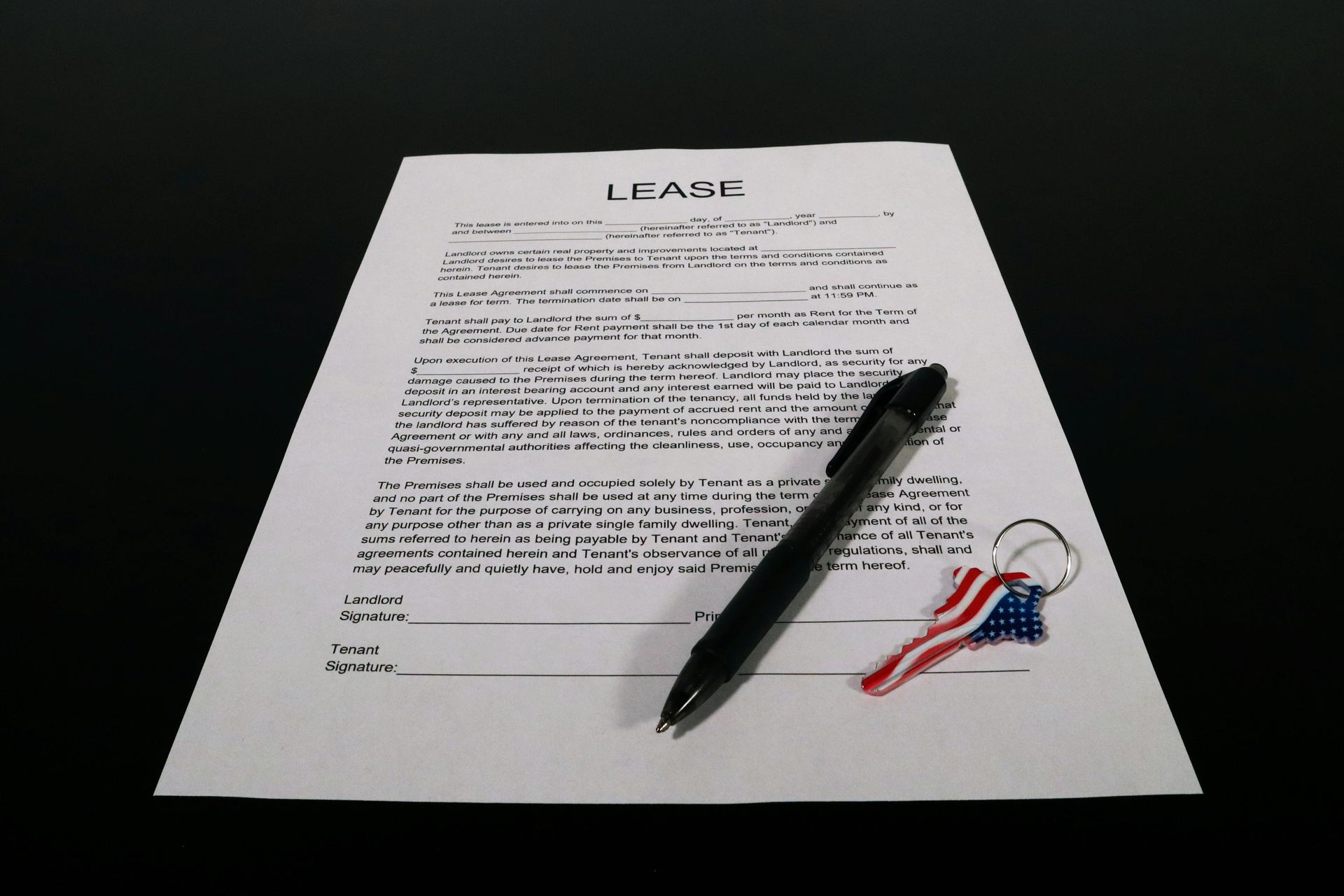What Landlords Should Do When the Landlord-Tenant Relationship Starts to Deteriorate

Even the most carefully managed rental property can encounter challenges. Late payments, maintenance disagreements, or communication breakdowns can cause tension between landlords and tenants. When a landlord-tenant relationship begins to deteriorate, how you handle the situation can make the difference between resolving it efficiently and ending up in a costly legal dispute.
Below are practical steps landlords should take to protect their property, maintain professionalism, and comply with Tennessee law.
1. Communicate Early and Professionally
The first and most important step is communication. When you notice a problem — whether it’s late rent, noise complaints, or lease violations — address it early. Speak with the tenant in a calm, respectful manner, and follow up with written documentation. Keeping records of all communications can protect you if the issue escalates.
Avoid emotional or confrontational language. Clear, courteous communication often helps both parties find a solution before the relationship breaks down completely.
2. Review the Lease Agreement
Before taking any action, revisit the lease. Your lease agreement outlines the rights and responsibilities of both the landlord and tenant, including how disputes should be handled. Review sections dealing with rent, maintenance, lease violations, and termination procedures.
If the lease language is unclear, or if you suspect the tenant has breached a term, consult with a real estate attorney before sending notices or taking further steps.
3. Follow Tennessee Landlord-Tenant Laws
In Tennessee, landlords are governed by the Uniform Residential Landlord and Tenant Act (URLTA), which applies in most counties. This law sets strict rules about notice periods, rent collection, property maintenance, and eviction procedures.
For example, before beginning an eviction, landlords must provide written notice and give the tenant a specific number of days to correct the violation or vacate the premises. Acting too quickly or failing to follow proper notice procedures can delay your case — or even result in legal penalties.
4. Keep Detailed Records
Documentation is one of your strongest defenses. Keep copies of the lease, payment records, maintenance requests, inspection reports, emails, and text messages related to the property.
If the issue ends up in court, thorough records will demonstrate that you acted reasonably and in compliance with the law.
5. Consider Mediation or Settlement
When communication breaks down, mediation can be an effective alternative to eviction or litigation. Many counties in Tennessee offer affordable or court-sponsored mediation services. Mediation allows both sides to voice concerns and reach an agreement with the help of a neutral third party.
This approach can save time, money, and stress — and may help preserve a working relationship if the tenant is willing to cooperate.
6. Know When to Seek Legal Counsel
If the tenant refuses to comply with lease terms, repeatedly fails to pay rent, or damages your property, it’s time to consult an experienced landlord-tenant attorney. Legal counsel can guide you through the eviction process, ensure all notices are valid, and represent your interests in court if necessary.
Trying to navigate eviction laws on your own can lead to costly mistakes — especially if the tenant contests your actions.
7. Learn from the Experience
Once the situation is resolved, take steps to prevent similar issues in the future. Strengthen your tenant screening process, update your lease agreements, and schedule regular property inspections. A proactive approach can help you identify and address issues before they escalate.
Final Thoughts
Difficult landlord-tenant relationships are never easy, but they don’t have to end in court. By maintaining professionalism, following the law, and seeking legal advice when needed, landlords can protect their investments and maintain strong, compliant rental operations.
If you’re a landlord facing challenges with a tenant, the attorneys at Jerry Long, Attorney at Law can help. We assist property owners and real estate investors across Tennessee with lease enforcement, dispute resolution, and eviction matters.
Contact us today to schedule a confidential consultation and discuss your legal options.
